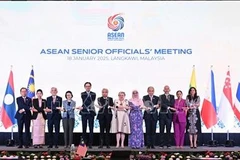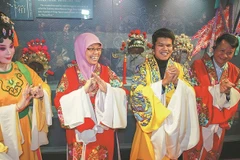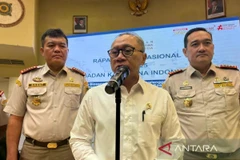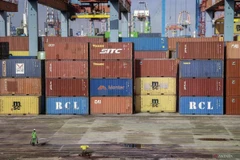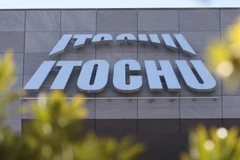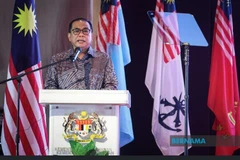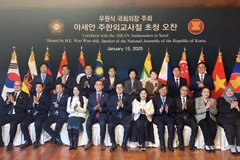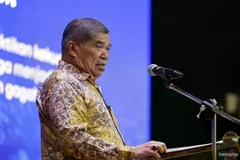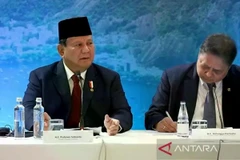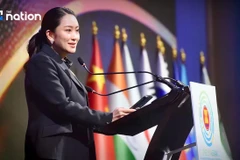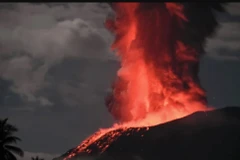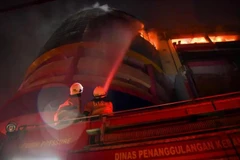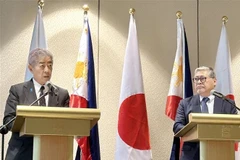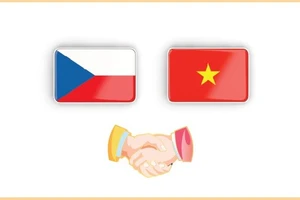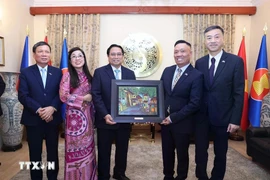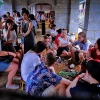The report showed that a main reason forthis impressive growth is that the Lao economy is relatively insulatedfrom the global financial system and its exposure to global trade isstill limited, thereby mitigating the direct impact of external shocks.
A sustained demand for Lao exports, including copper and gold bought byChina, garment products by Europe and electricity by Thailand, combinedwith its strong tourism industry also helped cushion the Lao economycompared to other nations.
Another cause was an increase in expenditures on domesticinfrastructure in order to facilitate the 25th Sea Games in Vientianein December 2009.
The report also said that while Laos ’ economic growth remained strongduring the recession, this growth is primarily driven by the metalsprocessing industry and hydropower plants, which are not sustainable inthe long-term due to the unavoidable depletion of natural resources.
Therefore, the WB suggested that the Lao government shift the base ofeconomic growth toward the agricultural processing industries andservices, including tourism.
The Lao government should focus on developing human resources,improving its investment mechanisms and increasing efforts to encourageprivate investment, create jobs and increase incomes for local people,the report said./.
